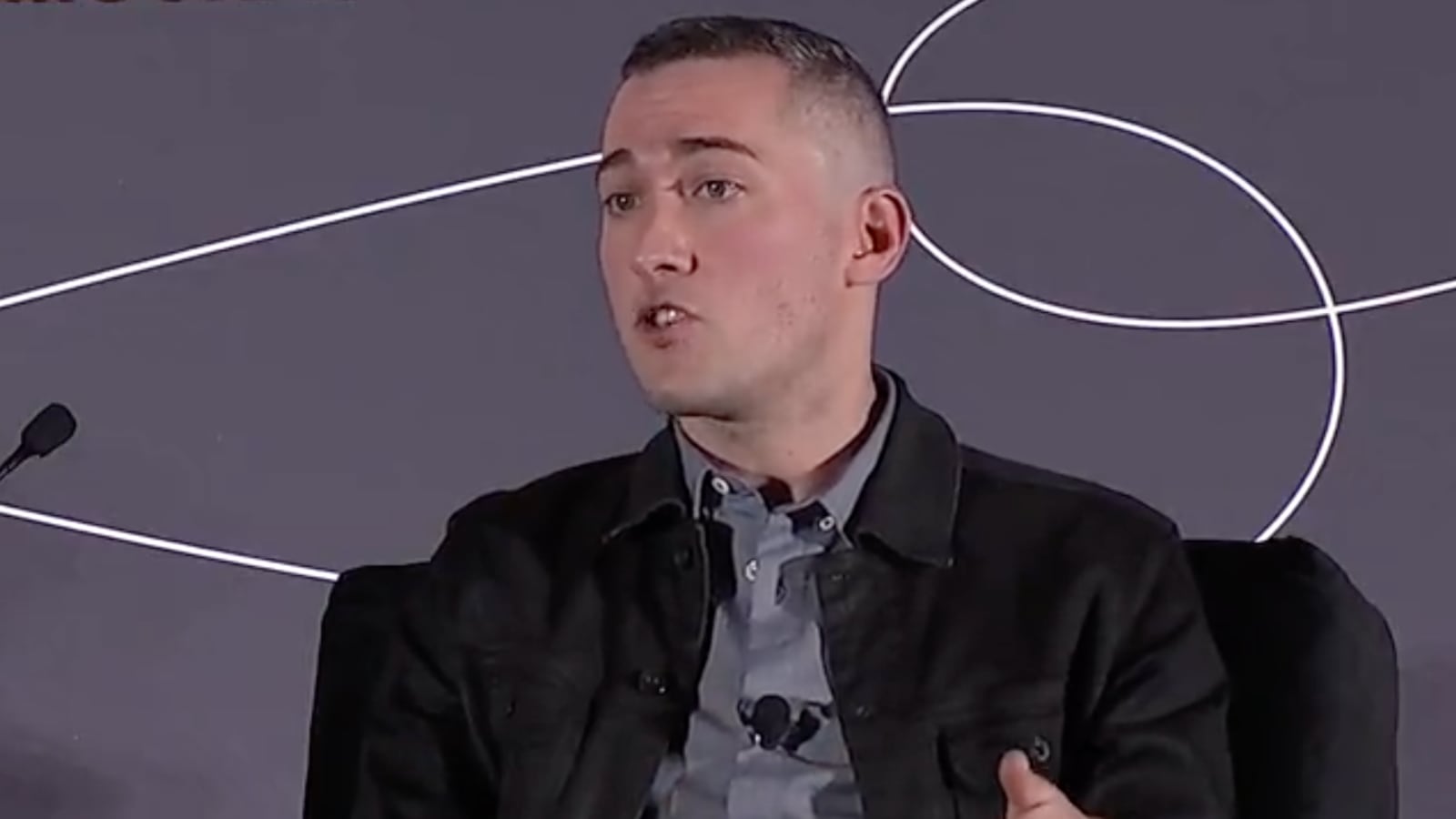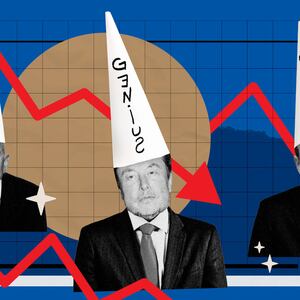A former Twitter executive conceded Tuesday that the social media company made the wrong call when it censored stories about Hunter Biden’s laptop in the lead up to the 2020 presidential election.
Yoel Roth, the former head of Twitter’s Trust & Safety department, opened up about the decision in a discussion with tech journalist Kara Swisher, claiming the Oct. 2020 front page story by The New York Post was difficult for Twitter to initially verify, so the company chose to shut it down, suspending the news outlet and preventing users from sharing links to the article. (Those who obtained and disseminated the laptop initially refused to provide it to other outlets, making verification difficult.)
“We didn’t know what to believe, we didn’t know what was true, there was smoke,” said Roth, who quit earlier this month amid mass layoffs following Elon Musk’s takeover.
Session 10 - ON WITH KARA SWISHER YOEL ROTH AND THE CRISIS AT TWITTER from Knight Foundation on Vimeo.
Federal authorities had warned social media execs to be on high alert in the lead up to the election for hacks and disinformation campaigns similar to those weaponized by Russia in 2016. The laptop story “set off every single one of my finely tuned APT28 hack and leak campaign alarm bells. Everything about it looked like a hack and leak,” Roth said.
However, he said that, “ultimately for me, it didn’t reach a place where I was comfortable removing this content from Twitter.”
When asked by Swisher if it was a mistake to censor the story, Roth replied, “In my opinion, yes.” (He did, however, say he thought it was the right decision to ban Donald Trump.)

Hunter Biden and President Joe Biden.
Teresa Kroeger/Getty Images for World Food Program USAThe admission comes as the company prepares to release files related to the decision, according to a series of tweets from Musk.
“The Twitter Files on free speech suppression soon to be published on Twitter itself. The public deserves to know what really happened,” he tweeted on Monday. “This is a battle for the future of civilization. If free speech is lost even in America, tyranny is all that lies ahead.”
Musk has been critical of the company’s decision to censor the story tying the president’s son to controversial business connections in Ukraine and China, parts of which were later confirmed by various major news organizations, even calling out Twitter just days after proposing a $44 billion buyout of the site.
“Suspending the Twitter account of a major news organization for publishing a truthful story was obviously incredibly inappropriate,” Musk tweeted in April.
But Roth, whose decision to quit was based partly on the calamitous Twitter Blue scheme as well as Musk’s “dictatorial edict,” said that the new CEO’s laissez-faire content moderation strategies were dooming the site and making it less safe.
“There is no set it and forget it when it comes to trust and safety,” he said, questioning Twitter’s ability to now preempt malicious trolls and bad actors. “I don’t think there are enough people left at the company who can do that work.”
“You can certainly streamline things, but that doesn’t mean that malicious activity is going to get less complicated, it doesn’t mean trolls are going to stop. You can’t bury your head in the sand,” Roth added.
In the hour-long interview, Roth urged users to stay attuned to any shifting functionality of key features like muting, blocking and protected tweets.
“If protected tweets stop working, run,” Roth said.






